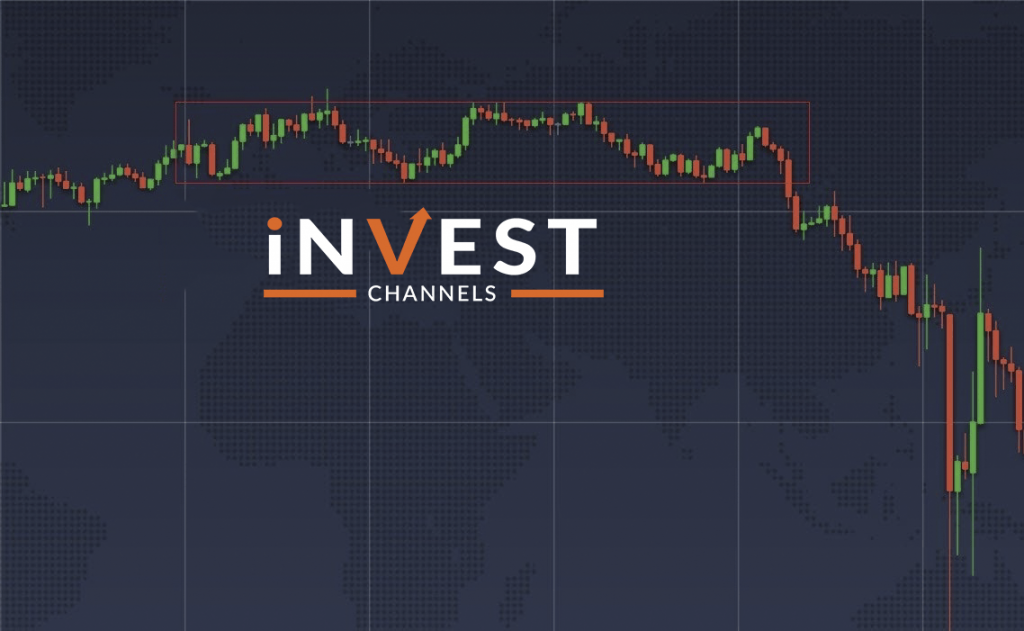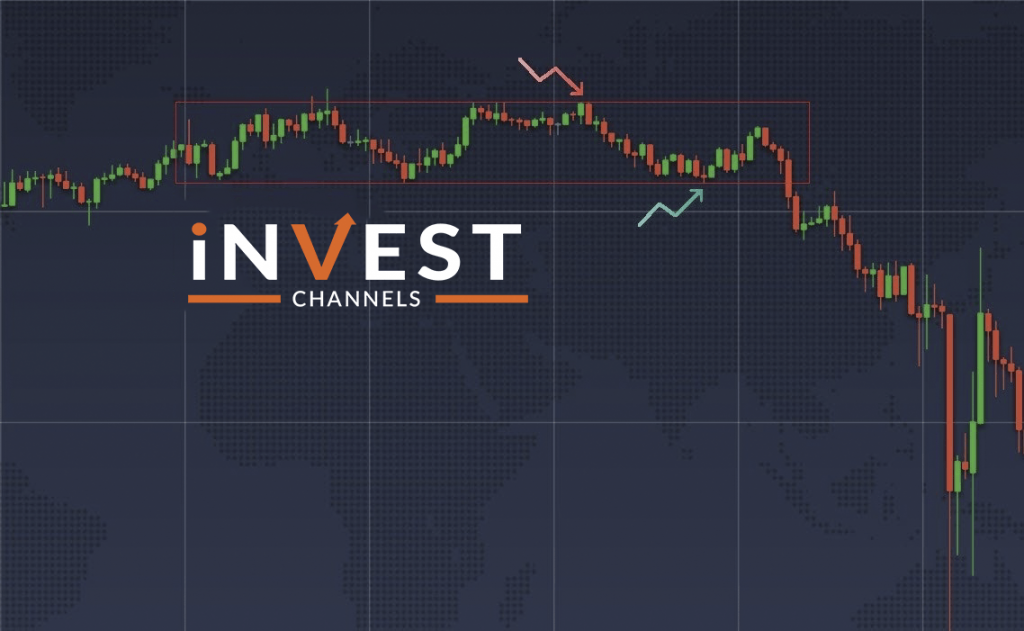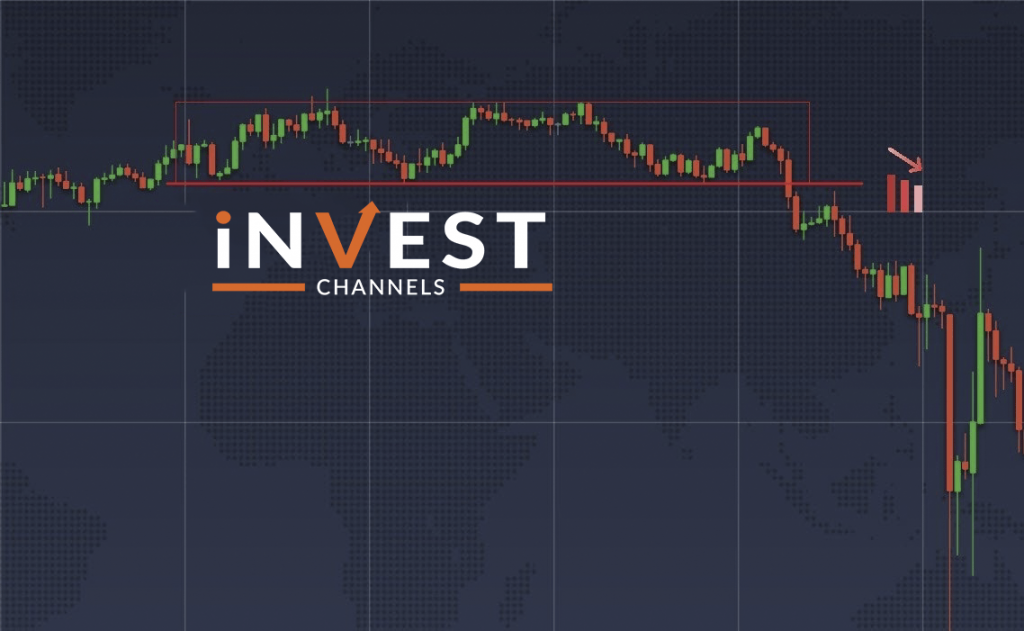
Learning how to identify and use support and resistance is one of the skills every trader needs. The rectangular price model is based on this skill. If used effectively, it can give you consistent profits over a small trading window. This model is also commonly referred to as the Davas Box model.
This guide will teach you how to identify the Davas box as well as apply it in your trading.
How to identify the rectangular price model
In a ranging market, you’ll notice that prices will rise to a specific price point before dropping to a specific price point. The upper price forms the resistance level. Conversely, the lower price point forms the support. Both are strong. That is, the price doesn’t break out when it reaches these levels but rather bounces back within the range.
The support is created by drawing a horizontal line that touches at least 2 low price points. The resistance, on the other hand, is created by drawing a horizontal line that touches at least 2 high price points. Both support and resistance run parallel to each other.

One of the features that make this pattern easy to identify is that it develops at the end of a trend. It also indicates a trend reversal.
For example, you will notice prices consolidating at the top of an uptrend or the bottom of a downtrend. This is a signal that the trend has been exhausted and preparing to reverse. Prices at this point aren’t going higher than a particular price point or dropping lower than a particular price.
What should you do when you identify a Davas Box?
In most instances, you’ll only be able to identify a Davas Box when it has already developed. But this doesn’t mean you cannot make some profit before a new trend develops.
The first thing to do is draw your support and resistance lines. Whenever the price touches the resistance, open a sell position. Do the opposite when the price touches the support level.
Always use a long-term chart when trading short-term trades. For example, if you identify a Davas Box develop on a 30-minute chart, your trades should last 5 minutes. This way, you’ll be sure that the price remains within the range and doesn’t bounce back before your trade expires.

How to trade when the price eventually breaks the support/resistance
Eventually, the markets will adopt a trend. You need to be prepared for this. The direction in the prices change after breaking either support/resistance will give you a signal about what position to take.
For example in the snapshot below, the price eventually breaks the support creating a downtrend. This signals you enter into a sell position. Our Guide to Identifying When Price Wants to Breakout from Support/Resistance on IQ Option and the Actions to Take. What actions should you take? the guide will give you more details about how to trade in such instances.

For prices to break out of the Rectangular price model, there must be strong price momentum. You can, therefore, expect that the price will continue moving in the direction of the breakout. In addition, due to the momentum, you’ll notice that the candles signalling an upcoming trend are longer and similarly coloured.
This is a signal that you should prepare to enter into a position along the developing trend. Trading using this model is one of the safe ways to trade at IQ Option.
Have you traded the rectangular price model? We’d love to hear about your results in the comments section below.
Good luck!
Top 5 Trending
"Why do I keep losing money in trading?" This is a question every trader has asked at some point. Experiencing… [Read More]
Trading indices is more than just a financial pursuit; it's both an art and science, demanding attention to detail, a… [Read More]
Forget Tiffany’s—there’s a diamond that traders treasure even more. Diamond chart patterns may not sit on a ring, but they… [Read More]
The Psychological Line (PSY) Indicator is a versatile, oscillator-type trading tool that compares the number of periods with positive price… [Read More]
Have you ever felt like your trading approach could benefit from a little extra energy? That’s where the Relative Vigor… [Read More]











